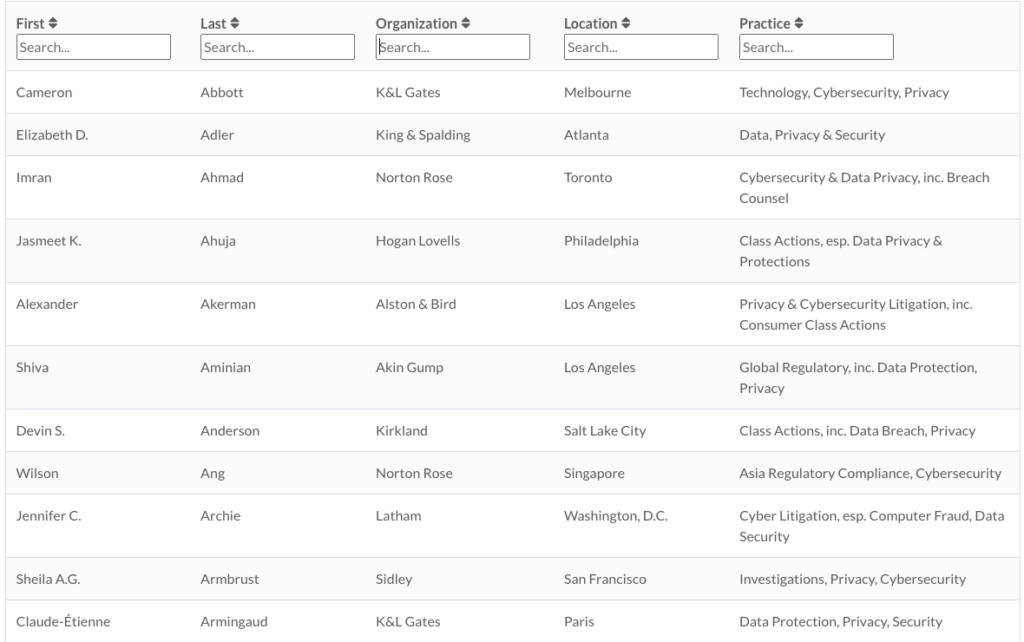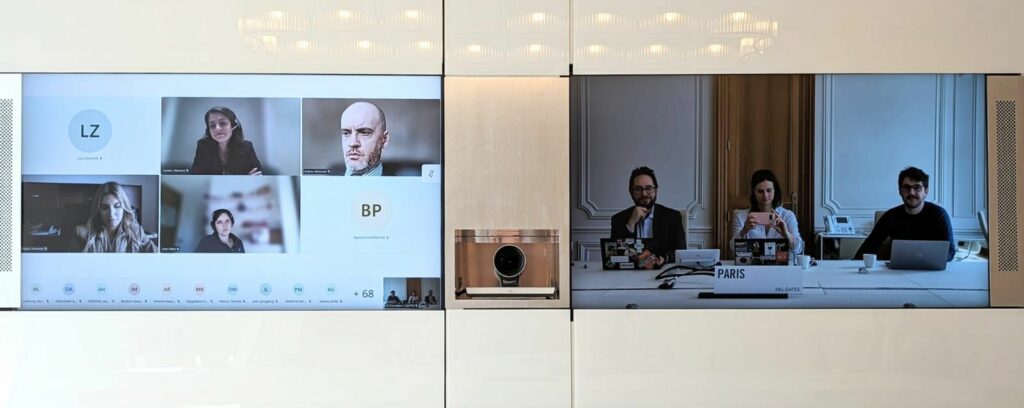A new regulatory landscape will reshape the food retail distribution in France starting from 01 July 2024, generalizing a mandatory obligation to inform consumers on product quantity changes and price trends. The decree, published on 04 May 2024, outlined crucial requirements for retailers, ensuring that consumers are not left in the dark when it comes to alterations in product sizes or volumes.
Indeed, the phenomenon, also known as “shrinkflation”—a reduction in weight or volume of prepackaged mass-market products and the upward trend in the price of the product per unit of measurement— must be clearly communicated to the consumer. This communication must detail the decreased quantity and any corresponding rise in unit price, allowing consumers to make informed decisions.
The mandate extends across both food and non-food commodities marketed in consistent amounts, such as weight or volume. Nevertheless, products sold in varying quantities or non-prepackaged formats do not fall under this umbrella.
Pursuant to Article L. 112-1 of the French Consumer Code (“FCC”), provides the legislative framework for these requirements, while Article L. 521-1 FCC empowers the French administrative authority Direction Générale de la Concurrence et de la Répression des Fraudes (“DGCCRF”) with policing power to enforce compliance.
Non-compliance carries substantial financial penalties—a maximum fine of €3,000 for individuals and €15,000 for corporations. Furthermore, the DGCCRF has the right to implement corrective measures and publish the infringement at the expense of the offending business, as per Article L. 521-2 FCC.
These provisions mark a significant step towards greater transparency in market sales, empowering consumers with information to navigate their purchases effectively amidst evolving market conditions. Retailers should prepare to integrate these changes into their operations, ensuring clarity and compliance as the decree takes effect on 01 July 2024.
First publication: pending – in collaboration with Kenza Berrada



